Why was the Nixon administration so worried about John Lennon’s purported influence on young Americans that it closely watched him, put together a massive dossier of his political activities, and tried to deport him? Erik Nelson’s engaging new documentary has what seems an unlikely but plausible answer. It recounts a week in February 1972 when Lennon and his wife and fellow artist-activist Yoko Ono cohosted five shows of the popular daytime talk show The Mike Douglas Show. As an end title card points out, the FBI began watching Lennon soon after these TV appearances, which is convincing circumstantial evidence.
As a Beatle, Lennon would command an enormous amount of press coverage whatever he said or did. His political awakening since he relocated to New York’s Greenwich Village the previous year and his hobnobbing with radical groups like the Yippies and the Black Panthers made him seem a further threat, particularly to the FBI.
Of course, the irony is that Nixon vastly overestimated Lennon’s (or any celebrity’s) influence—that November, Nixon enjoyed the biggest presidential election landslide ever, winning 49 states and 61 percent of the popular vote. But he was soon embroiled in the Watergate scandal and eventually resigned. That fraught history hovers over Daytime Revolution. Although Nelson’s film places John and Yoko’s TV appearances in the context of the era, it’s not provocatively political. Instead, it shows how transgressive at the time John and Yoko’s week with Mike Douglas was.
The Mike Douglas Show, as his associate producer, E.V. Di Massa, discusses in one of several talking-head interview snippets, was a mainstream hit, with an audience of 40 million viewers weekly. It was conservative less in the political sense than that it was a safe, establishment choice for middle-class American housewives to watch during the day. (We also hear from other show guests like folk singer Nobuko Miyamoto, singer and actress Vivian Reed, and consumer advocate Ralph Nader.)
At first, Mike Douglas and the duo would seem to be a mismatch. After opening his film with a snippet of John and Yoko debuting their angry protest song, “Attica State,” at a December 1971 Apollo Theater fundraiser, Nelson cuts to Douglas in his own element, singing a Muzak–ish version of the Beatles’ “Michelle” on the first episode the couple guest-hosted. Lennon then good-naturedly tells Douglas that he didn’t mind him covering it because he wrote a section of it—so it wasn’t all Paul McCartney’s song.
Lennon and Ono are at ease and banter amusingly with Douglas, who obviously warms to the couple, occasionally burrowing deeper in his questions. He gets Lennon to discuss his fraught relationship with his father who left at an early age and give his take on the Beatles’ current situation, which was tied up in litigation among the band members. John insists that their personal relationships are anything but icy, but they’ve decided that they can better musically express themselves individually.
Highlights are Douglas interviewing two anti-establishment radicals Lennon and Ono invited. When activist Jerry Rubin sits down next to him, Douglas looks uneasy discussing politics with him, but their back-and-forth ends up quite cordial. Douglas appears more relaxed as he talks with Black Panther leader Bobby Seale, who speaks eloquently about how unfairly maligned his group has been in the media. The musical performances Nelson showcases include Lennon’s tender “Imagine,” Ono’s yearning “O Sisters,” and a rollicking version of “Memphis, Tennessee” by Lennon and his idol Chuck Berry, who looks bemused during a cooking segment with macrobiotic chef Hilary Redleaf, who today acknowledges her unexpected presence on a national afternoon talk show: “In 1972, that was very far out.”
Nelson smartly lets Lennon have the last word. Audience members ask the celebrity guests questions, and in response to a young woman asking how a single person can help improve things, Lennon plainly but powerfully answers: “People tend to think that somebody will save them, whether it’s a president or, you know, whoever your hero might be … only us all deciding to do something about it … just even making that decision, ‘I want to do something,’ is a start.”

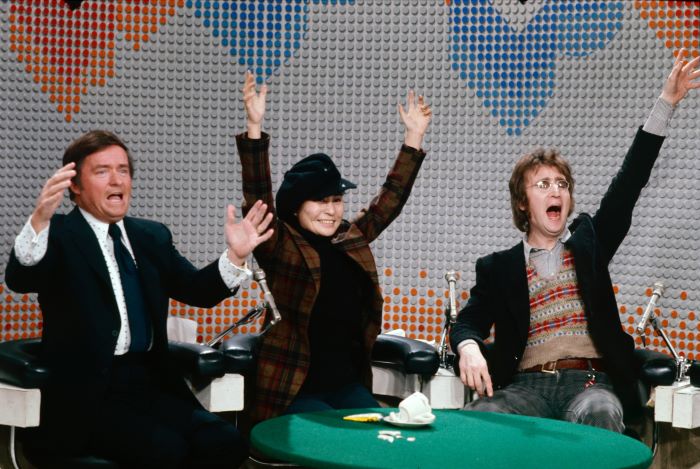
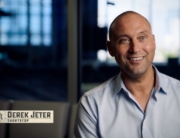
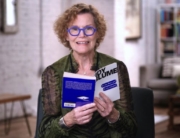
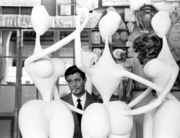
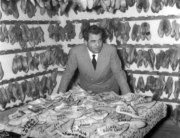











Leave A Comment